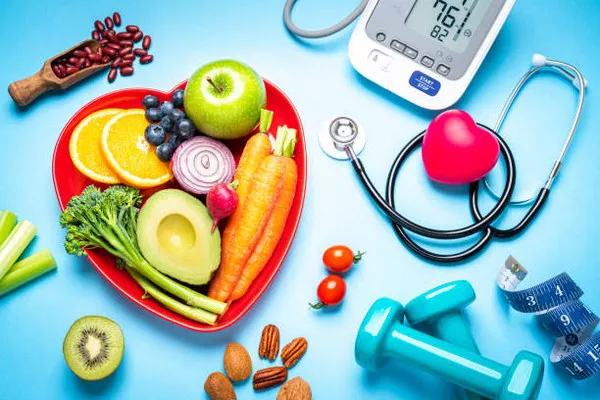Bulking is a term used in fitness to describe a phase where you consume more calories than you burn to gain muscle mass. Achieving the right calorie surplus is crucial for effective bulking. In this article, we will explore what constitutes a good calorie surplus, how to determine it, and tips for optimizing your bulking phase.
Understanding Calorie Surplus
A calorie surplus occurs when you consume more calories than your body needs to maintain its current weight. For bulking, the goal is to provide your body with extra calories to support muscle growth and recovery. However, it’s essential to strike a balance. Too small of a surplus can hinder muscle growth, while too large a surplus may lead to excessive fat gain.
How Much Calorie Surplus Do You Need?
The ideal calorie surplus varies from person to person, depending on several factors, including:
Body Weight and Composition: Heavier individuals or those with a higher muscle mass may need a larger surplus compared to lighter individuals.
Activity Level: More active people require a higher calorie intake to support their energy expenditure.
Metabolism: Individuals with a faster metabolism might need a more significant surplus to see noticeable gains.
General Guidelines:
Moderate Surplus: A common recommendation is to aim for a surplus of 250-500 calories per day. This approach helps ensure that the additional calories primarily contribute to muscle growth rather than excessive fat gain.
Slow and Steady: Gradual weight gain is often more effective and sustainable. Aim for a weight gain of 0.5 to 1 pound per week.
Calculating Your Calorie Needs
Determine Your Basal Metabolic Rate (BMR): BMR is the number of calories your body needs at rest to maintain basic bodily functions. You can estimate your BMR using the Harris-Benedict equation or various online calculators.
Calculate Your Total Daily Energy Expenditure (TDEE): TDEE accounts for your activity level. Multiply your BMR by an activity factor based on your daily activity level:
- Sedentary (little or no exercise): BMR × 1.2
- Lightly active (light exercise/sports 1-3 days a week): BMR × 1.375
- Moderately active (moderate exercise/sports 3-5 days a week): BMR × 1.55
- Very active (hard exercise/sports 6-7 days a week): BMR × 1.725
- Super active (very hard exercise/physical job): BMR × 1.9
Add Your Calorie Surplus: Once you have your TDEE, add your desired surplus (250-500 calories) to determine your daily calorie intake for bulking.
See Also: What Foods Help Get Rid Of Lower Belly Fat
Types of Calories
While a calorie surplus is essential for muscle growth, the quality of those calories matters. Focus on nutrient-dense foods to maximize muscle gains and overall health:
- Proteins: Aim for lean sources like chicken, fish, eggs, and legumes. Protein supports muscle repair and growth.
- Carbohydrates: Opt for complex carbs such as whole grains, fruits, and vegetables. Carbohydrates provide energy for workouts and recovery.
- Fats: Include healthy fats from sources like avocados, nuts, and olive oil. Fats are crucial for hormone production and overall health.
Monitoring Progress
Regularly monitor your progress to ensure that your calorie surplus is effectively supporting muscle growth without excessive fat gain. Keep track of:
- Body Weight: Weigh yourself weekly to gauge changes.
- Body Measurements: Measure key areas such as arms, chest, and waist to monitor muscle growth and fat gain.
- Strength Gains: Track improvements in your strength and performance during workouts.
Adjusting Your Surplus
As you progress through your bulking phase, you may need to adjust your calorie surplus based on your results. If you’re gaining weight too quickly, reduce your surplus slightly. If progress stalls, consider increasing your calorie intake.
Conclusion
Finding the right calorie surplus for bulking involves a balance of consuming enough extra calories to support muscle growth while avoiding excessive fat gain. Start with a moderate surplus of 250-500 calories per day and adjust based on your individual needs and progress. Remember, the quality of your diet is just as important as the quantity of calories. Focus on nutrient-dense foods and regularly monitor your progress to achieve the best results.


